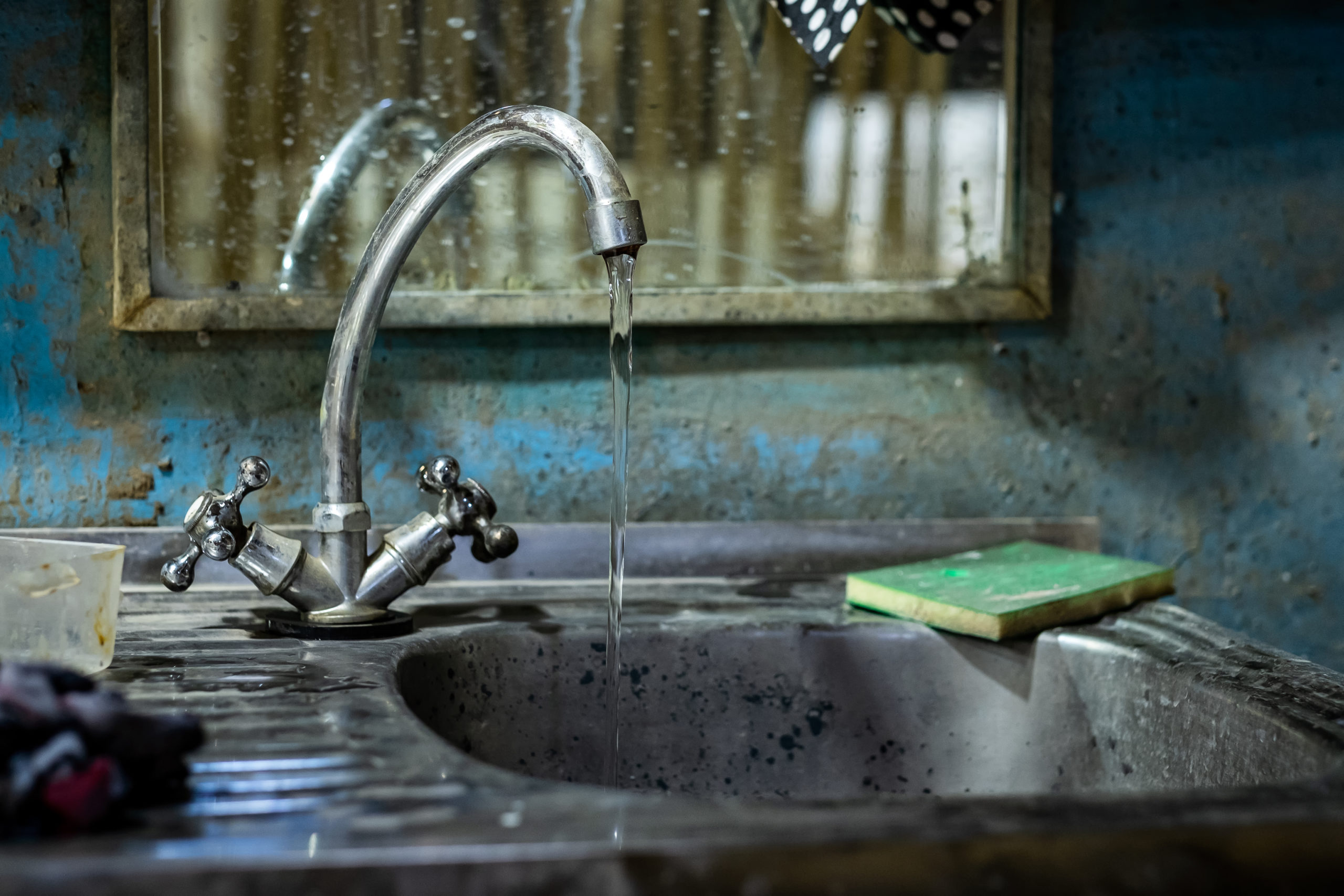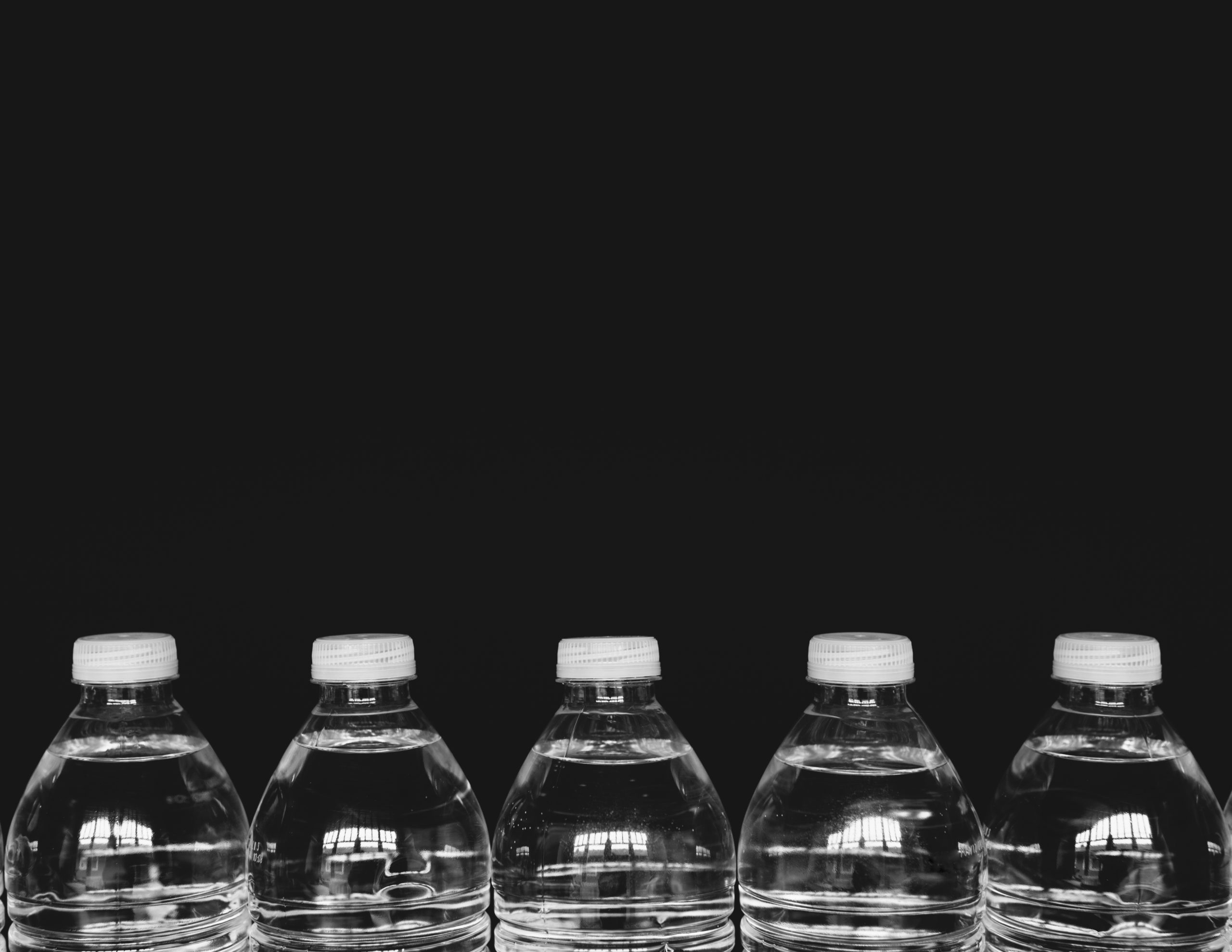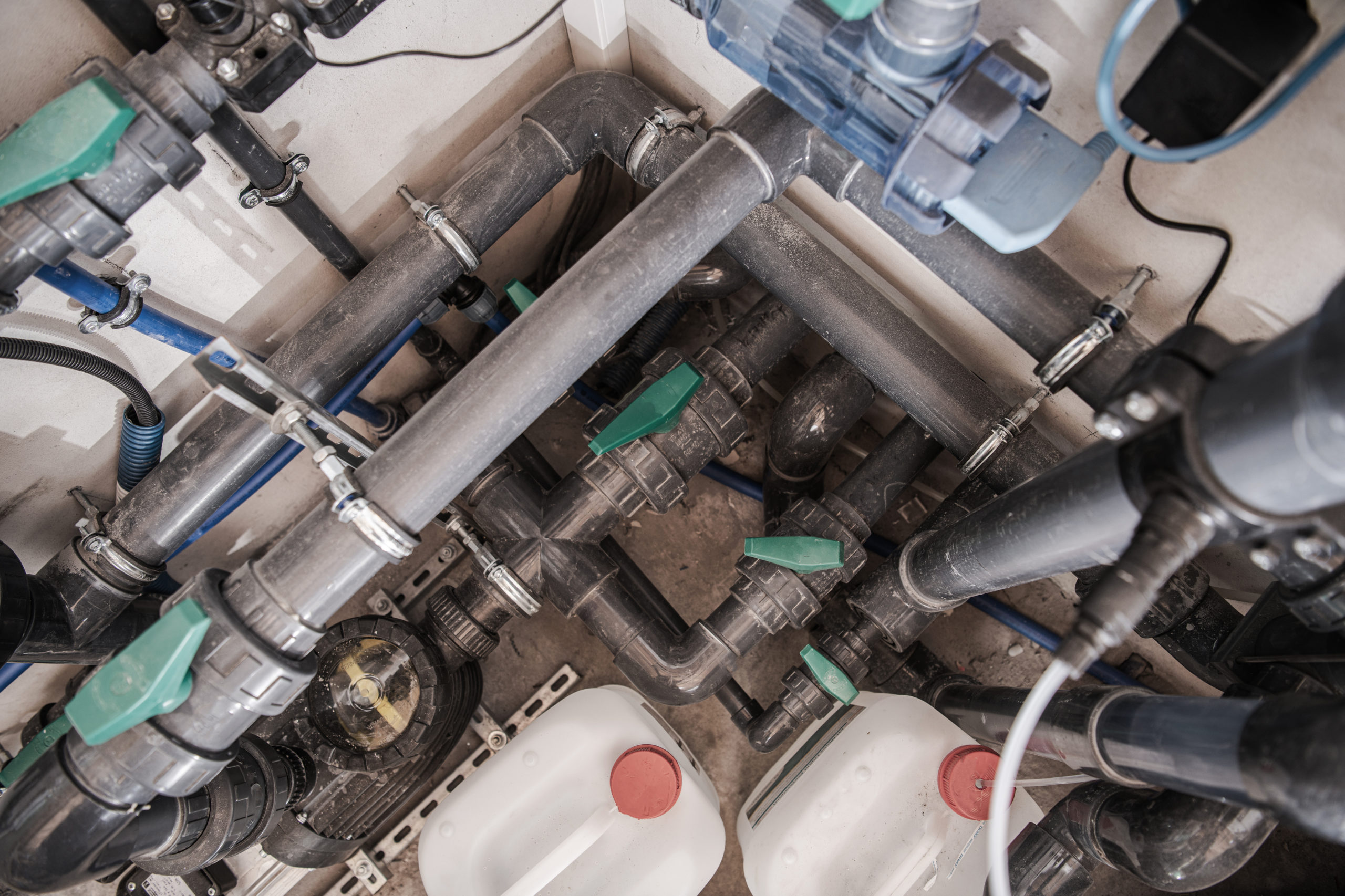
In the United States, incidence of Legionnaires’ disease increased more than six times from 2000 to 2018. Additionally, this number is commonly known to be under reported. This post continues the discussion of the National Academies of Sciences management of Legionella in water systems report. Chapter one serves as an introduction that outlines how Legionella spreads, and how the country currently handles it. Despite numerous reports of common-source outbreaks in the community, through travel or through hospital exposures, and despite improvements in laboratory tools, the vast majority of Legionella cases remain sporadic. Sporadic cases mean that they are community-acquired cases for which the primary exposure source…






